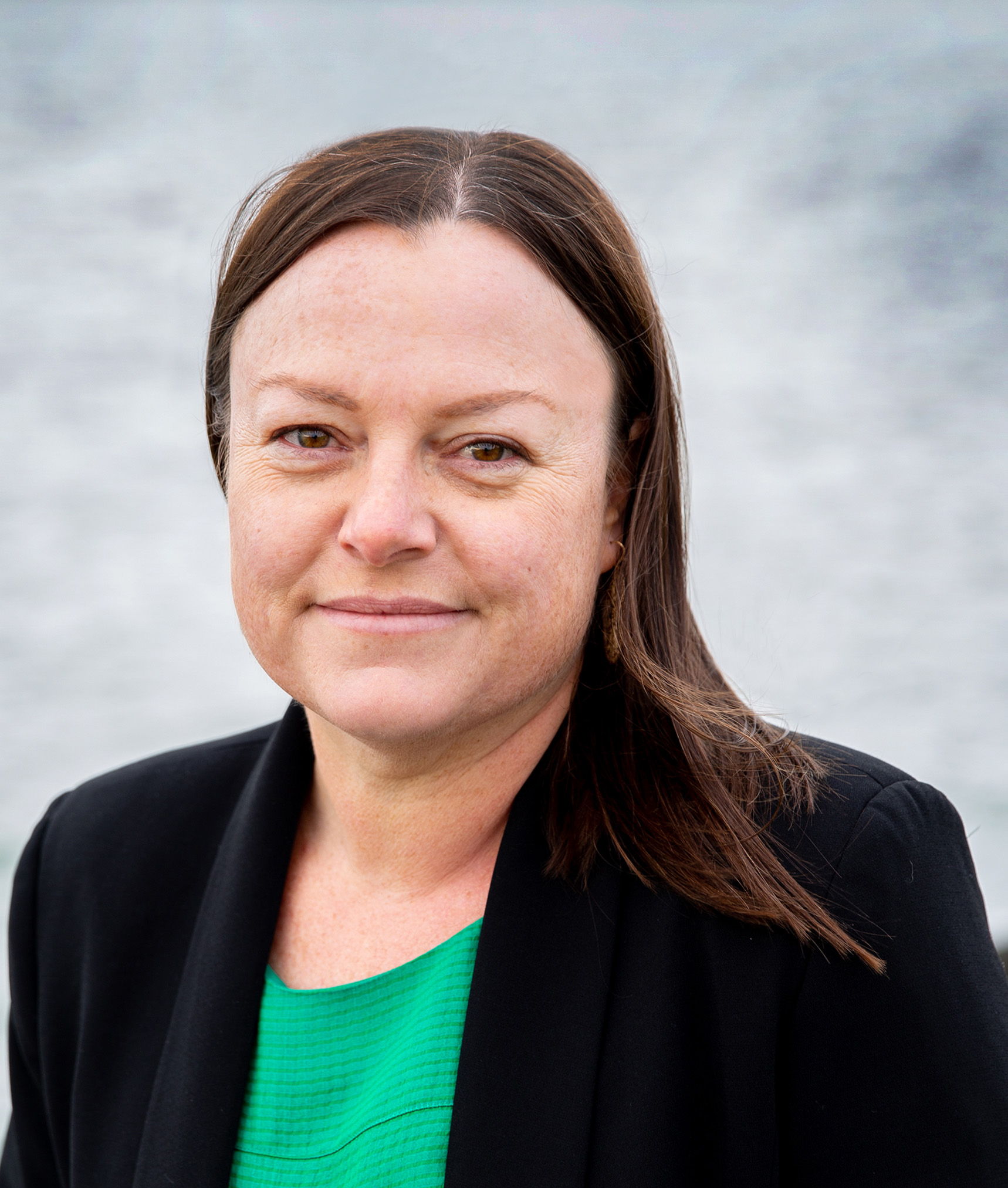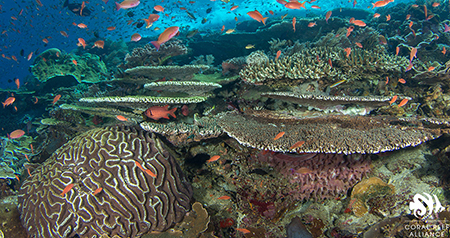The Coral Reef Alliance (CORAL) is pleased to announce the appointment of Dr. Madhavi Colton as its fourth Executive Director. Dr. Colton is succeeding Dr. Michael Webster, who has chosen to leave his role to pursue research at New York University on how life can adapt to climate change.
“The Board is very excited about Dr. Colton’s promotion,” stated John Anner, Chair of the CORAL Board of Directors. “We know Madhavi is going to take CORAL to a new level of success with her deep understanding of coral adaptation and conservation. Her expertise in local and global conservation empowers her to translate CORAL’s scientific to save coral reefs across the globe.”
 Dr. Colton is a conservation scientist whose career is focused on helping the world’s ecosystems cope with the effects of climate change. She has over 20 years of experience in marine conservation and research, and as CORAL’s Program Director, created partnerships with local communities to measurably improve water quality, reduce overfishing and preserve intact coral reef ecosystems around the world.
Dr. Colton is a conservation scientist whose career is focused on helping the world’s ecosystems cope with the effects of climate change. She has over 20 years of experience in marine conservation and research, and as CORAL’s Program Director, created partnerships with local communities to measurably improve water quality, reduce overfishing and preserve intact coral reef ecosystems around the world.
During her tenure as CORAL’s Program Director, Dr. Colton had the honor to support our amazing field teams and their growth. For example, in 2018, after years of campaigning, the Mesoamerican Region (MAR) team, led by Jenny Myton, was able to convince the Honduran government to approve the creation of a new marine protected area (MPA), Tela Bay Marine Wildlife Refuge. The refuge protects 86,259 hectares of coral reefs and coastal ocean, and is a welcome addition to a network of MPAs that cover 57% of the region.
Our Hawai`i’s programs, led by Jos Hill, have experienced similar successes. Over the past few years, CORAL’s staff and volunteer team have made incredible progress in reforesting key watersheds in West Maui. So far, the team has planted approximately 8,000 plants that are holding sixty tons of soil a year in place that would otherwise flow downstream and smother coral reefs.
Dr. Colton also managed the development of a new science-based conservation strategy called Adaptive Reefscapes. She led the Modeling Adaptation Potential (MAP) Project team to improve understanding of how corals adapt to the effects of climate change, and the team’s first paper was published in the scientific journal Nature Climate Change last July. The results identify the actions necessary to improve corals’ chance of survival, and the pioneering research is launching a new era in coral reef conservation that provides hope and solutions to save coral reefs.

She’s also raised awareness of CORAL’s work on the international stage by partnering with organizations like The Nature Conservancy and guided staff to bring in game-changing grants from organizations like the Honda Marine Science Foundation and the National Oceanographic and Atmospheric Association (NOAA).
“CORAL is in a strong place thanks to Dr. Webster’s leadership. I am looking forward to building on that momentum to grow CORAL’s existing programs while also scaling our work to have a greater global impact,” stated Dr. Colton. “By combining our latest scientific findings with effective community-based conservation, we can save coral reefs and preserve their benefits for people and wildlife. The coral reefs of the world are counting on us to get this right!”
For more information, please read our press release.
